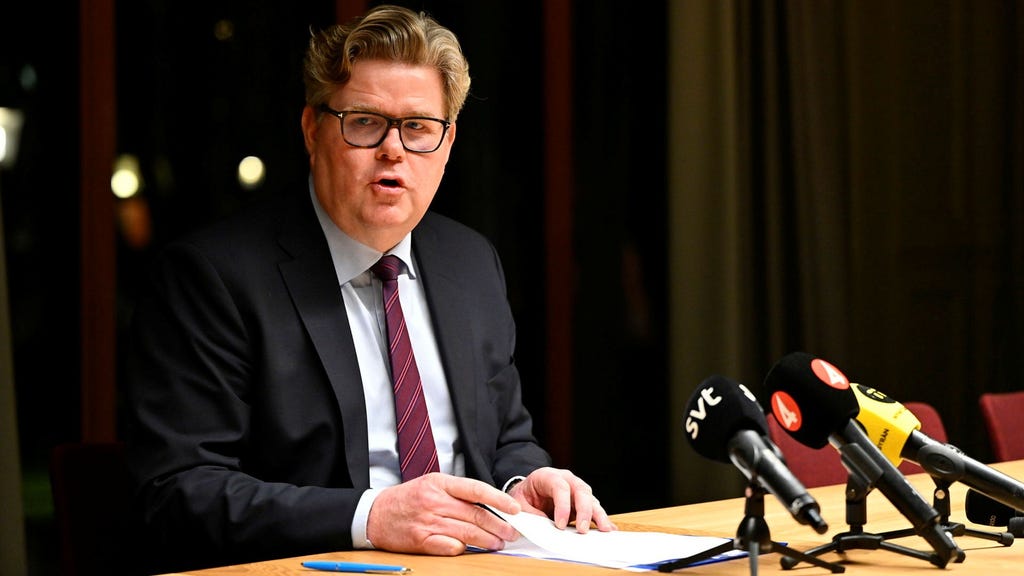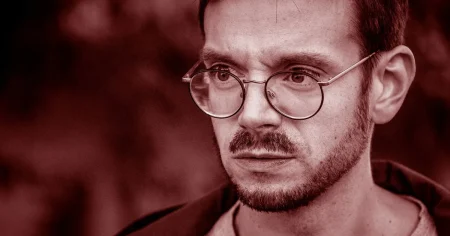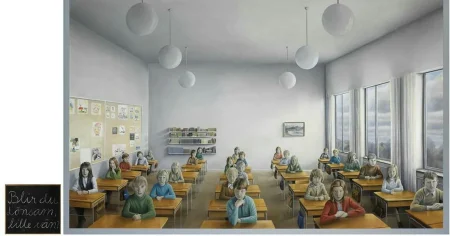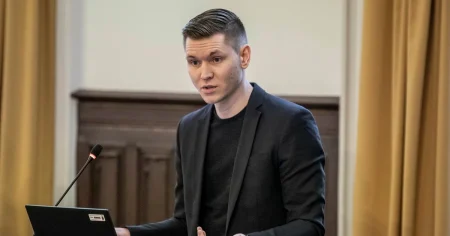The surge in explosions across Sweden, averaging one per day this year, prompted a meeting between Justice Minister Gunnar Strömmer and law enforcement officials. The primary objective of these attacks, according to police intelligence, is to instill fear and exert pressure, serving as a tool in both gang conflicts and various forms of extortion. While the meeting didn’t yield immediate new policy announcements, it allowed police to brief the government on the current situation and outline their ongoing efforts to combat this wave of explosive violence. These efforts include mobilizing police resources and employing effective tools, such as preventative wiretapping and focusing on disrupting gang recruitment activities on social media platforms.
The police highlighted the growing trend of online recruitment, emphasizing the need for law enforcement to adapt to these digital environments. Strömmer stressed the importance of social media companies taking greater responsibility for self-regulation and removing content related to gang activity. He warned that the government is prepared to introduce further legislation if these platforms fail to take adequate action. Another key area of concern is the accessibility of explosive materials to criminal networks. Strömmer pointed to the recent establishment of a national permit register and the upcoming proposal in March to strengthen controls and oversight of these materials.
A significant portion of the explosions, approximately half, involve the use of pyrotechnics, essentially repurposed fireworks and similar devices. This poses a challenge given the cross-border acquisition of such materials. Strömmer advocates for stricter regulations at the EU level, citing concerns about inadequate control of pyrotechnics in several other member states, though he refrained from naming specific countries. He emphasized the need for international cooperation to address this issue effectively.
Addressing the criticism that the government has failed to deliver on its promises to curb gang violence, given that the current administration is more than halfway through its term, Strömmer reiterated his long-standing assertion that tackling this complex problem is a decade-long endeavor. He drew parallels to similar situations in Denmark and New York, which required extensive efforts over a similar timeframe. While acknowledging the ongoing challenges, he pointed to positive developments, such as a 30% reduction in fatal shootings since 2022 and a significant increase in the clearance rate for serious crimes, as evidence that their strategies are beginning to yield results.
Strömmer cautioned that despite these positive indicators, the risk of new waves of violence remains present beneath the surface. He emphasized the need for continued vigilance and sustained efforts to address the root causes of gang violence. The escalating use of explosives underscores the evolving nature of criminal activity and the urgent need for adaptive strategies to maintain public safety and dismantle criminal networks. Areas like Farsta have been particularly hard hit by this surge in explosions, highlighting the localized impact of this national issue.
The government’s approach involves a multi-pronged strategy, combining increased police resources, enhanced surveillance capabilities, stricter regulations on explosive materials, and pressure on social media companies to curb online recruitment. The success of this strategy will depend on effective implementation, ongoing evaluation, and continued cooperation with international partners to address the cross-border flow of pyrotechnics and other materials used in these attacks. The challenge remains significant, but Strömmer maintains that the government is committed to the long-term effort required to bring gang violence under control.














